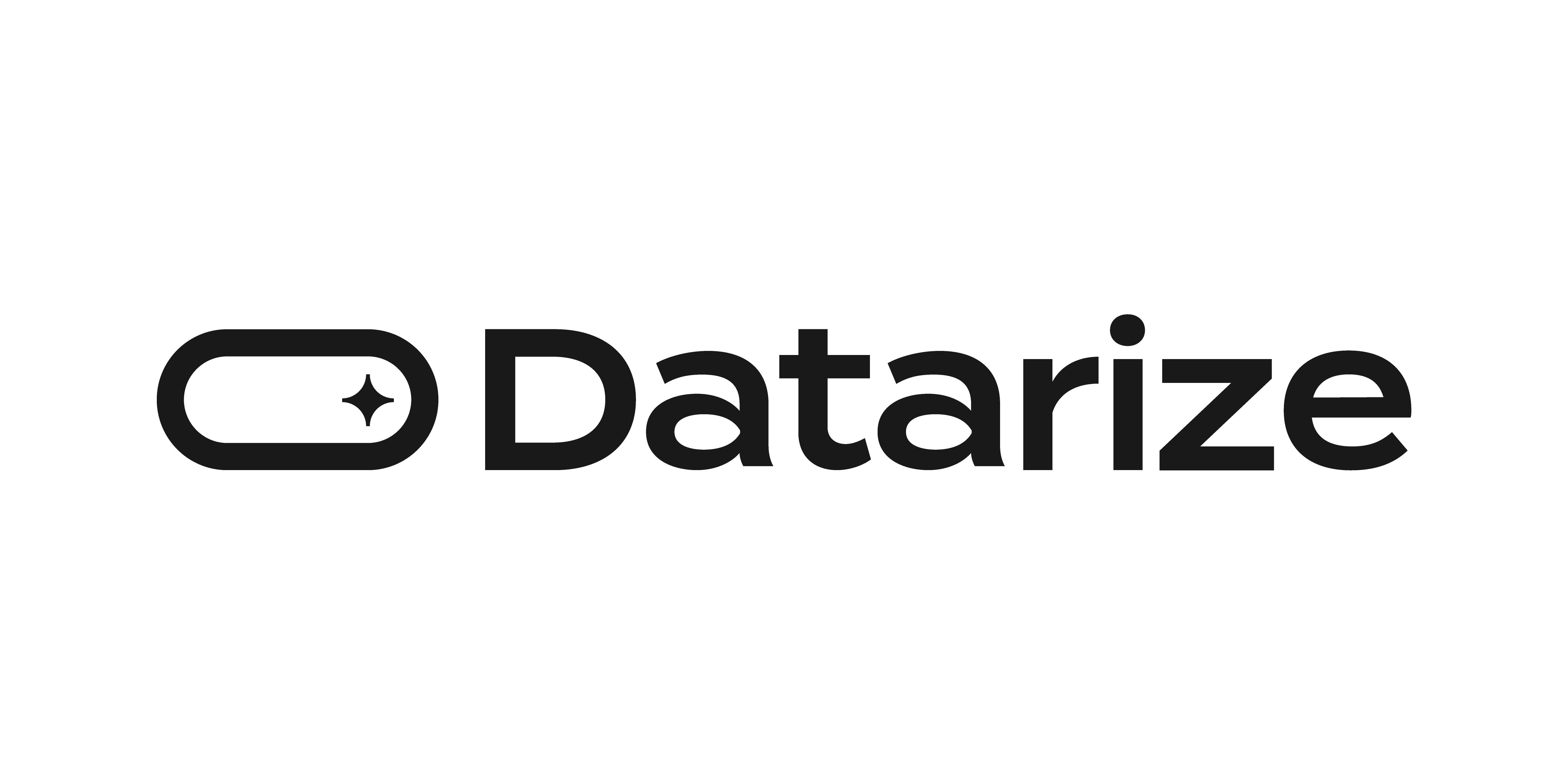- Understanding What “Good” Really Means in 2025
- What is Purchase Conversion Rate (CVR)?
- What's Considered a "Good" CVR in 2025?
- Category Matters More Thank You Think
- We Built a Free Benchmark Calculator
- What If Your CVR is Lower Thank Your Industry?
- What If Your CVR is Above Average?
- So..What's a "Good" Purchase CVR in 2025?
Understanding What “Good” Really Means in 2025
If you manage a Shopify store, you’ve probably asked yourself this at least once:
“Is my Purchase Conversion Rate good… or just okay?”
The truth is, most eCommerce brands don’t actually know where they stand. Benchmarks are scattered, outdated, or averaged across categories that don't reflect your real competitive environment.
But in 2025, Purchase Conversion Rate (CVR) matters more than ever — especially with rising acquisition costs, stricter privacy rules, and more shoppers discovering products through AI-powered search, impacting product visibility.
So what does “good” really look like?
Let’s break it down.
What Is Purchase Conversion Rate (CVR)?
Purchase CVR = the percentage of visitors who end up buying.
It’s one of the most important metrics for Shopify stores because it directly shows:
- How well your product pages persuade
- Whether visitors find what they need
- How effective your merchandising and onsite experience are
- The quality of traffic you’re driving
In short: Purchase CVR tells you if your store turns attention into revenue.
What’s Considered a “Good” CVR in 2025?
Industry-wide averages fluctuate, but across tens of thousands of Shopify stores globally, the general ranges look like this:
- < 1% → Underperforming
- 1%–2% → Average
- 2%–3% → Above Average
- 3%–4.5% → Strong
- 4.5%+ → Top 10%
- 5%+ → Best-in-class (rare but possible)
(Resource: Shopify)
But here’s the catch:
These numbers mean nothing unless you compare within your category and size.
Fashion behaves very differently from Food & Beverage.
High-AOV home goods behave differently from impulse-buy beauty items.
Small stores operate differently from 1M+ MAU brands.
That’s why looking at global averages gives misleading conclusions.
Category Matters More Than You Think
Here’s why benchmarking matters:
- Beauty brands see fast cycles + strong repeat intent → CVR tends to be higher
- Home & furniture involve longer consideration → lower CVR is normal
- Food & beverage often has the highest repeat CVR of all categories
- Electronics tend to have high AOV + research-heavy behavior → naturally lower CVR
So the right question isn’t: “Is my CVR good?”
It should be: “How does my CVR compare to other Shopify stores in my industry and size?”
We Built a Free Benchmark Calculator to Answer Exactly That
Most Shopify brands can’t tell where they stand because the data simply isn’t accessible.
So we took one of Datarize’s key product features — Benchmark Ranking — and brought it OUTSIDE our platform so any marketer can use it.
With just your MAU and Purchase CVR, you’ll instantly see:
✔ Your percentile ranking within your industry
✔ Your benchmark AOV
✔ Your benchmark Revenue per Visit
✔ How you compare to similar-sized stores
✔ Personalized recommendations to improve your score
Try it in 10 seconds:
🔗 Benchmark Calculator (Free)
What If Your CVR Is Lower Than Your Industry?
If your CVR falls behind your competitors, you’re likely losing revenue you could capture with:
- Real-time onsite personalized popups
- Product recommendations based on browsing behavior
- Better exposure allocation for high-performing products
- AI-driven email flows triggered by customer intent
Even a small lift — say +0.5% — can significantly boost Revenue per Visit and total monthly revenue.
What If Your CVR Is Above Average?
Congrats — but the job isn’t done.
Top-performing brands typically use:
- Churn Probability Scores to protect high-value buyers
- AI to optimize product exposure continuously
- Personalized post-purchase flows to drive repeat buying
High performers don’t just “convert well.” They retain well — and grow LTV consistently.
So… What’s a “Good” Purchase CVR in 2025?
A “good” CVR is one that:
- Outperforms your category
- Keeps pace with stores of similar MAU
- Turns your traffic into profitable customers
- Signals healthy onsite experience + product-market fit
And now, you don’t have to guess.
Check your exact percentile ranking using our free Benchmark Calculator.

-1.png)
.png)
-1.png)
.png)